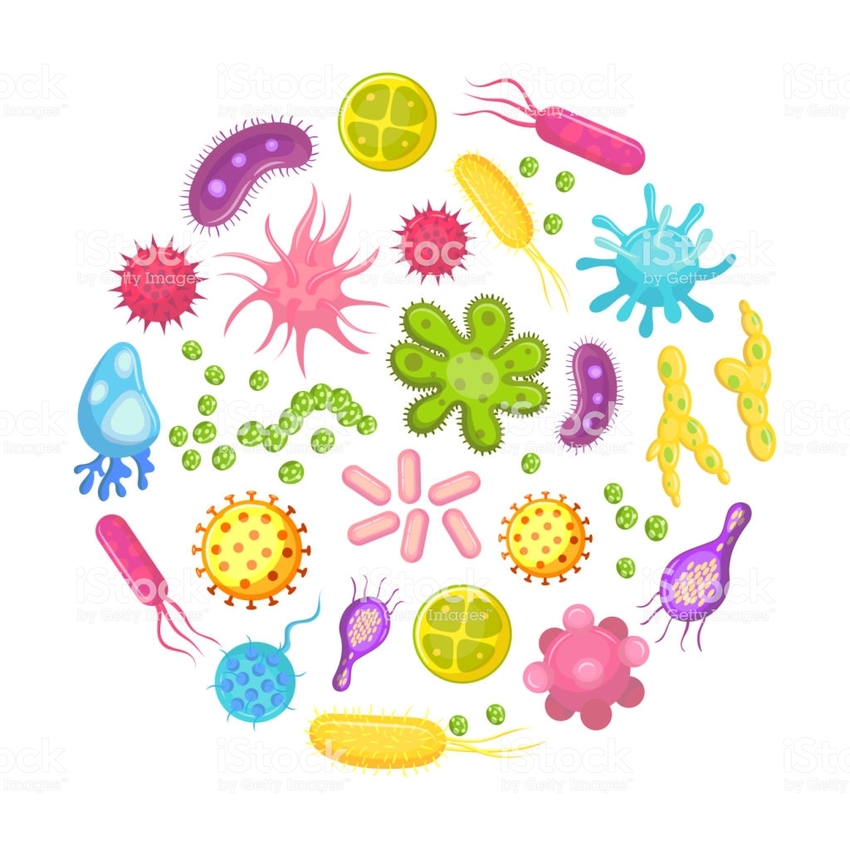Microbiome's connection to autism
Sep
26
An article in The Guardian, “Gut bacteria regulate nerve fibre insulation” (Mo Costandi, April 05, 2016) claims that “alterations in our gut bacteria composition may be connected to a wide range of neurological and psychiatric conditions, including autism, chronic pain, depression, and Parkinson’s Disease.” Psychosomatic Medicine reported that “various factors play a role (in PTSD), including a lack of social support and low levels of the neurotransmitter neuropeptide Y (see British Psychological Society blog, November 22, 2017).
Research on mice in early 2019 done by MIT and the University of Massachusetts Medical School found similar impacts of identifiable microbial strains. Researchers found that the gut microbiome composition of the mother’s gut can influence whether maternal infection leads to autistic-like behaviors in offspring. They also discovered the specific brain changes that produce these behaviors. The same MIT report also referenced a 2010 study where all children born in Denmark between 1980 and 2005 found that severe viral infections during the first trimester of their mother’s pregnancy led to risk for autism by three times.
In a 2016 Science paper, Drs. Gloria Choi and her husband Jun Huh found that types of immune cells known as Th17 cells, and their effector molecule, called IL-17, are responsible for this effect in mice. IL-17 then interacts with receptors found on brain cells in the developing fetus, leading to irregularities that the researchers call “patches” in certain parts of the cortex known as the somatosensory cortex. When the researchers restored normal levels of brain activity in this area of the brain, they were able to reverse the behavioral abnormalities. They were also able to induce the behaviors in otherwise normal mice by over stimulating neurons in the somatosensory cortex.


